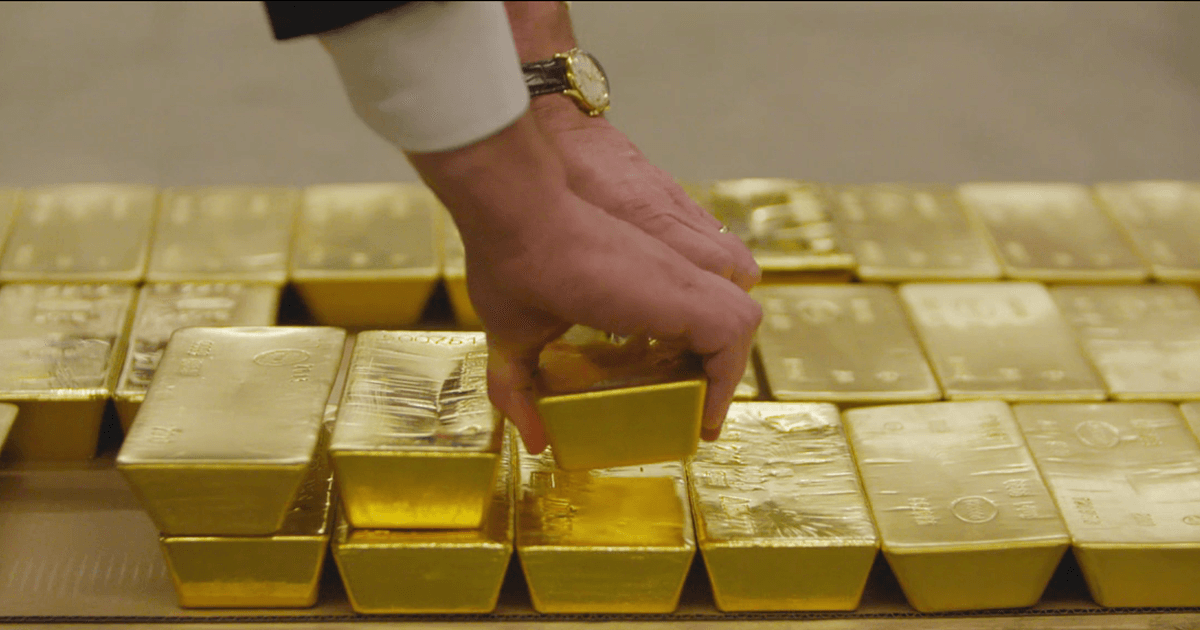Well, anyone who's been reading my Finnish Sourcebook translation knows that the guys who did the Finnish version solved the issue by putting the POD in late 1993, after the Duma rebellion against Yeltsin (which is when the book was published). After that, things get worse and worse in Russia until the nationalists and militarists seize power in a coup d'etat, resulting in one Vladimir Zhirinovsky becoming president.
Nowadays he's mostly forgotten, but back in the early 1990s he really made a lot of folks worry with his, uh, "interesting" speeches, particularly here in Finland. In the book I see him as a character similar to Greg Stillson (from the Dead Zone) or Robert L. Booth (the last President of the United States, from the Judge Dredd books): a president who starts World War III out of psychosis (Stillson) and/or dumb macho posturing and overconfidence in his own capabilities (Booth).
Although v.1.0 and v.2.2 were the original works, for me the Finnish Sourcebook will always be the "real" Twilight 2000 because that's what got me into Twilight 2000 in the first place. I'm certain this is the case for those who first got to know v.1.0 or v.2.2.
Nowadays he's mostly forgotten, but back in the early 1990s he really made a lot of folks worry with his, uh, "interesting" speeches, particularly here in Finland. In the book I see him as a character similar to Greg Stillson (from the Dead Zone) or Robert L. Booth (the last President of the United States, from the Judge Dredd books): a president who starts World War III out of psychosis (Stillson) and/or dumb macho posturing and overconfidence in his own capabilities (Booth).
Although v.1.0 and v.2.2 were the original works, for me the Finnish Sourcebook will always be the "real" Twilight 2000 because that's what got me into Twilight 2000 in the first place. I'm certain this is the case for those who first got to know v.1.0 or v.2.2.



Comment